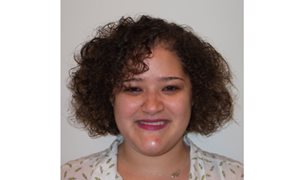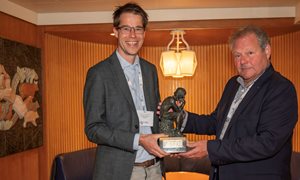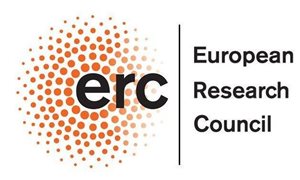
RIMLS researchers from the Faculty of Science Gert-Jan Veenstra and Simon van Heeringen, theme Cancer development and Immune defense, showed that transcription factors cooperate in a combinatorial fashion in generally open chromatin to orchestrate zygotic gene expression. This was recently published in the Embo Journal.
During vertebrate gastrulation, mesoderm is induced in pluripotent cells, concomitant with dorsal‐ventral patterning and establishing of the dorsal axis. We applied single‐cell chromatin accessibility and transcriptome analyses to explore the emergence of cellular heterogeneity during gastrulation in Xenopus tropicalis. Transcriptionally inactive lineage‐restricted genes exhibit relatively open chromatin in animal caps, whereas chromatin accessibility in dorsal marginal zone cells more closely reflects transcriptional activity. We characterized single‐cell trajectories and identified head and trunk organizer cell clusters in early gastrulae. By integrating chromatin accessibility and transcriptome data, we inferred the activity of transcription factors in single‐cell clusters and tested the activity of organizer‐expressed transcription factors in animal caps, alone or in combination. The expression profile induced by a combination of Foxb1 and Eomes most closely resembles that observed in the head organizer. Genes induced by Eomes, Otx2, or the Irx3‐Otx2 combination are enriched for maternally regulated H3K4me3 modifications, whereas Lhx8‐induced genes are marked more frequently by zygotically controlled H3K4me3. Taken together, our results show that transcription factors cooperate in a combinatorial fashion in generally open chromatin to orchestrate zygotic gene expression.
Related news items

T cell immunity is directed by tetraspanin CD53
5 July 2022 T cells are immune cells that are key for the defense against pathogens and cancer. T cells depend on the membrane protein CD45 to initiate T cell receptor signaling, but how CD45 is controlled at the molecular level is poorly understood. go to page
A single protein complex balances the very first lineage decision of cells in human: towards foetus or placenta
21 June 2022 The international group of researchers spearheaded by Dick Zijlmans and Hendrik Marks together with colleagues from KU Leuven, examined which proteins are associated with the chromatin and how this affects gene transcription. go to page
Dutch Society of Clinical Chemistry Science & Innovation Award for the team of Hans Jacobs
14 June 2022 The team of Hans Jacobs pioneers on the development of personalized diagnostics to measure minimal residual disease in patients with multiple myeloma. go to page
European grants for groundbreaking Radboudumc research Professors Roshan Cools and Peter Friedl receive ERC Advanced Grant
26 April 2022The European Research Council (ERC) is awarding grants to Roshan Cools and Peter Friedl, both professors at Radboudumc. While Cools will investigate how brains control behaviour in (stressful) situations, Friedl will work on developing a new cancer therapy.
go to page
Saponin-based adjuvant-induced dendritic cell cross-presentation is dependent on PERK activation published in Cellular and Molecular Life Sciences
20 April 2022 Lisa Huis in ‘t Veld, Nataschja Ho and colleagues from the team of Gosse Adema published in Cellular and Molecular Life Sciences that Saponin-based adjuvant-induced dendritic cell cross-presentation is dependent on PERK activation. go to page
Rubicon grants awarded to three RIMLS researchers
19 April 2022Three researchers have received Rubicon funding from NWO/ZonMw. This will enable Elke Muntjewerff, Laura de Vries and Laurens van de Wiel to do research at a foreign research institute for the next two years.
go to page